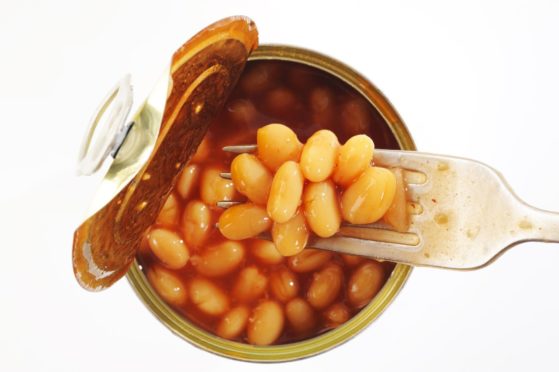UK farmers could soon be growing haricot beans on their land – the main ingredient for tinned baked beans.
Warwick University’s research commercialisation division, Warwick Innovations, has teamed up with agronomy firm Agrii to promote the commercial production of a trio of haricot bean varieties it has developed for growing in the UK.
Professor Eric Holub from the university’s crop centre said growing haricot beans on a commercial scale in the UK could lower food miles in tinned baked beans, by offering an alternative to beans imported from North America and some African countries.
He said haricot beans could also help farmers improve soil structure on their land and help extend farm rotations through offering a short season, nitrogen-fixing break crop.
The three varieties developed for the UK market are Capulet, a white bean; Godiva, a blonde variety; and a black variety named Olivia.
According to Warwick Innovations, all three have been selected for their quality, versatility and suitability for different uses – they are fast-cooking from a dry ingredient and also suitable for commercial canning in British baked beans.
“Self-sufficiency in food production is important for reducing human impact on global climate,” said Prof Holub.
“British-grown beans can help us shift our diets to a healthier future, adding to other UK ingredients to supply the growing trend of flexitarian diets with new markets like Brit-Mediterranean and Brex-Mexican style food.”
Through the partnership, Agrii will carry out pre-commercial field trials and research to create a model to grow the beans in UK farming systems.
Agrii’s head of agronomy, Colin Lloyd, said haricot bean varieties offered a broad range of benefits for UK farming.
He said: “Alongside faba beans and peas, haricot beans could provide an alternative short-season break crop for cereal rotations, improving soil and contributing to the responsible land stewardship, and adding to the viability of farming businesses.”
Agrii pulse seed manager, Peter Smith, said: “This is a great example of collaboration throughout the supply chain working towards increased UK crop and food production.”
